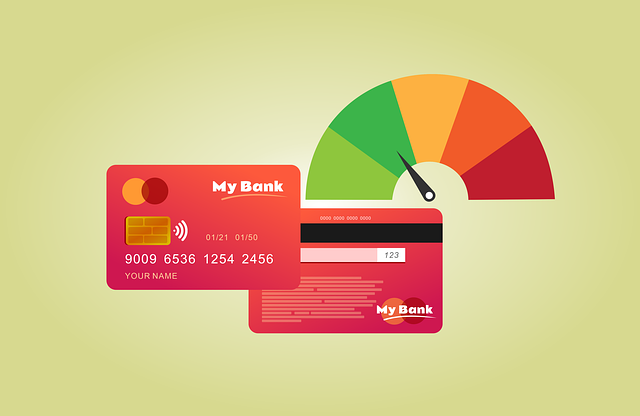In real estate, credit scores are vital indicators of financial health, influencing purchasing power and mortgage terms. Scores above 740 attract better rates and facilitate smoother transactions for buyers and sellers alike. Property values are significantly impacted by credit scores, with higher scores correlating to desirable features and neighborhood dynamics. To secure optimal real estate rates, maintaining a strong credit score through responsible borrowing habits is key, saving individuals substantial amounts on interest over time.
In the competitive world of real estate, understanding your credit score is crucial. Higher scores translate to better rates, making it easier to secure a mortgage and saving you thousands over time. This article guides you through the significance of credit scores in real estate, reveals the direct correlation between higher scores and favorable rates, and offers practical strategies to enhance your credit standing for optimal real estate opportunities.
Understanding Credit Scores in Real Estate: Why They Matter

In the realm of real estate, understanding credit scores is paramount for both buyers and sellers. Credit scores, often measured on a scale of 300 to 850, serve as a snapshot of an individual’s financial health and reliability. Higher scores, typically above 740, indicate excellent creditworthiness, which translates to better loan terms in the real estate market. This can significantly impact buyers’ purchasing power and interest rates they qualify for on mortgages.
For sellers, a buyer’s credit score is a crucial indicator of their ability to secure financing and complete the transaction. A strong credit score boosts confidence in the buying process, potentially leading to smoother negotiations and faster sales. Moreover, lenders often view higher credit scores as a sign of reduced risk, which can result in more favorable borrowing conditions for both parties involved in a real estate transaction.
The Direct Correlation Between Higher Scores and Better Rates

In the realm of real estate, the correlation between higher scores and better rates is undeniable. When it comes to evaluating properties and setting corresponding rates, factors like location, amenities, and market demand play a significant role. However, one often overlooked yet potent influencer is the property’s score—a comprehensive assessment that considers various aspects such as condition, features, and neighborhood dynamics.
Higher scores indicate that a property has met or exceeded expectations in these areas. Consequently, it commands higher rates due to its enhanced appeal to potential buyers or renters. In essence, a well-maintained home with desirable amenities and a strong neighborhood score will naturally attract top dollar compared to one that lags behind in these critical areas. This dynamic underscores the importance of regular upkeep, strategic improvements, and an understanding of market trends for optimal real estate pricing.
Strategies to Improve Your Credit Score for Optimal Real Estate Rates

Improving your credit score is a strategic move to secure better rates in the competitive real estate market. Higher credit scores often translate to lower interest rates on mortgages, saving you significant amounts over time. Here are some effective strategies to boost your creditworthiness for optimal real estate rates:
Regularly review your credit report for errors or discrepancies. Disputing inaccurate information can positively impact your score. Pay your bills on time; late payments can severely damage your credit history. Create a budget to ensure timely payments and consider setting up automatic reminders for due dates. Additionally, maintain a low credit utilization ratio by keeping credit card balances low relative to your available credit limits. This shows lenders responsible borrowing habits.






